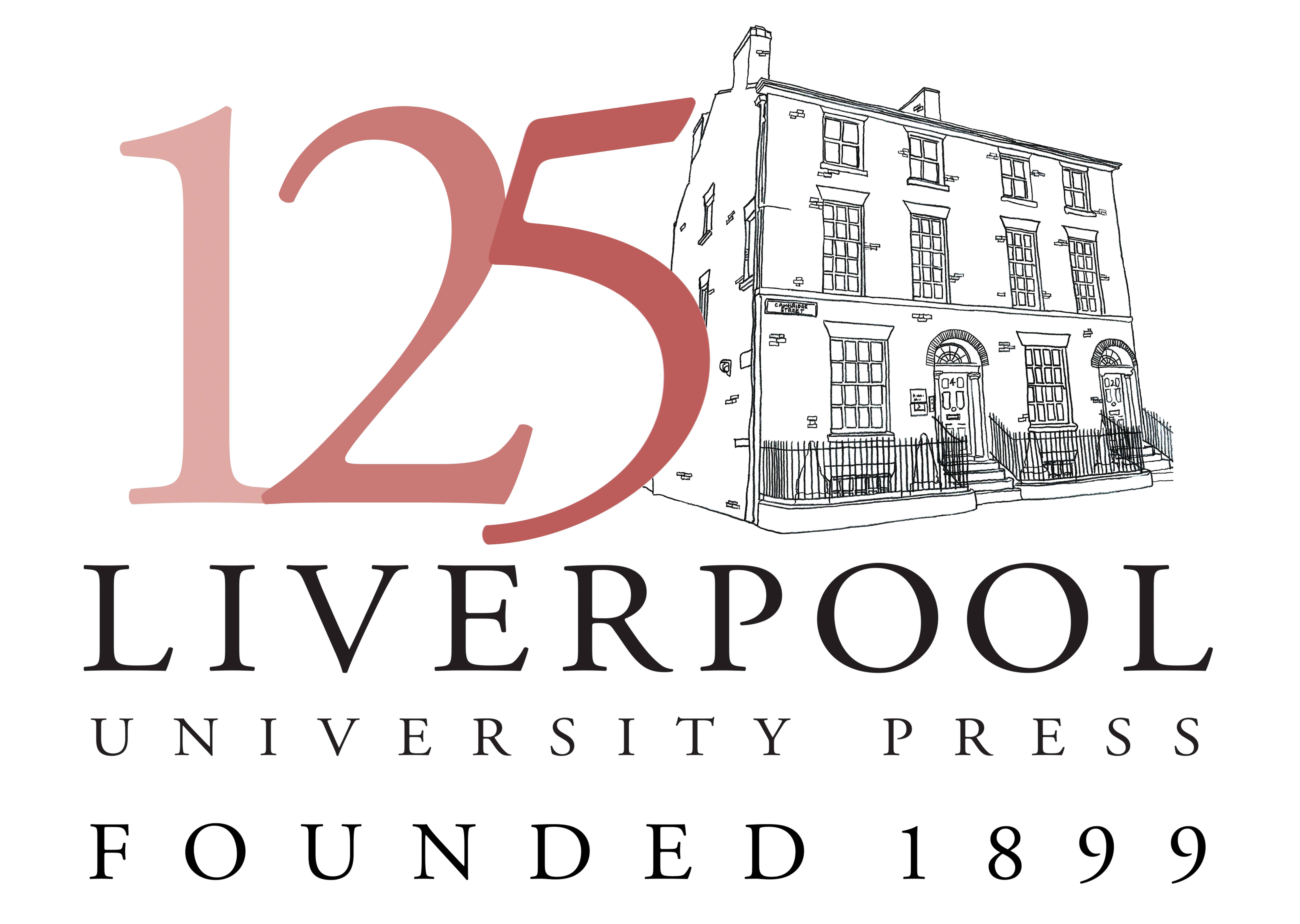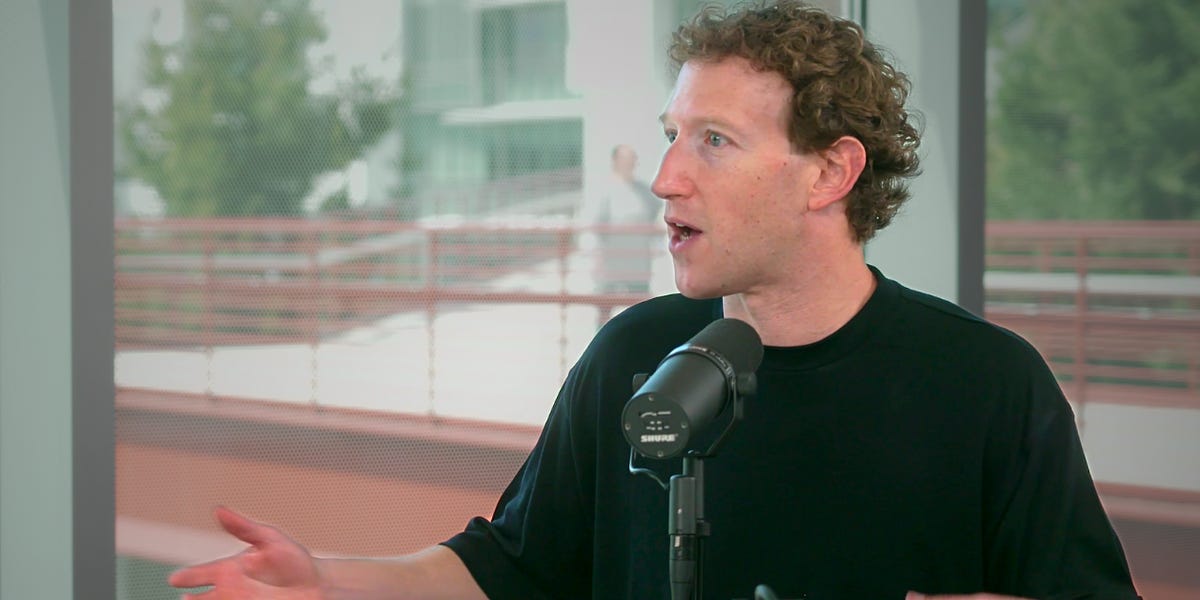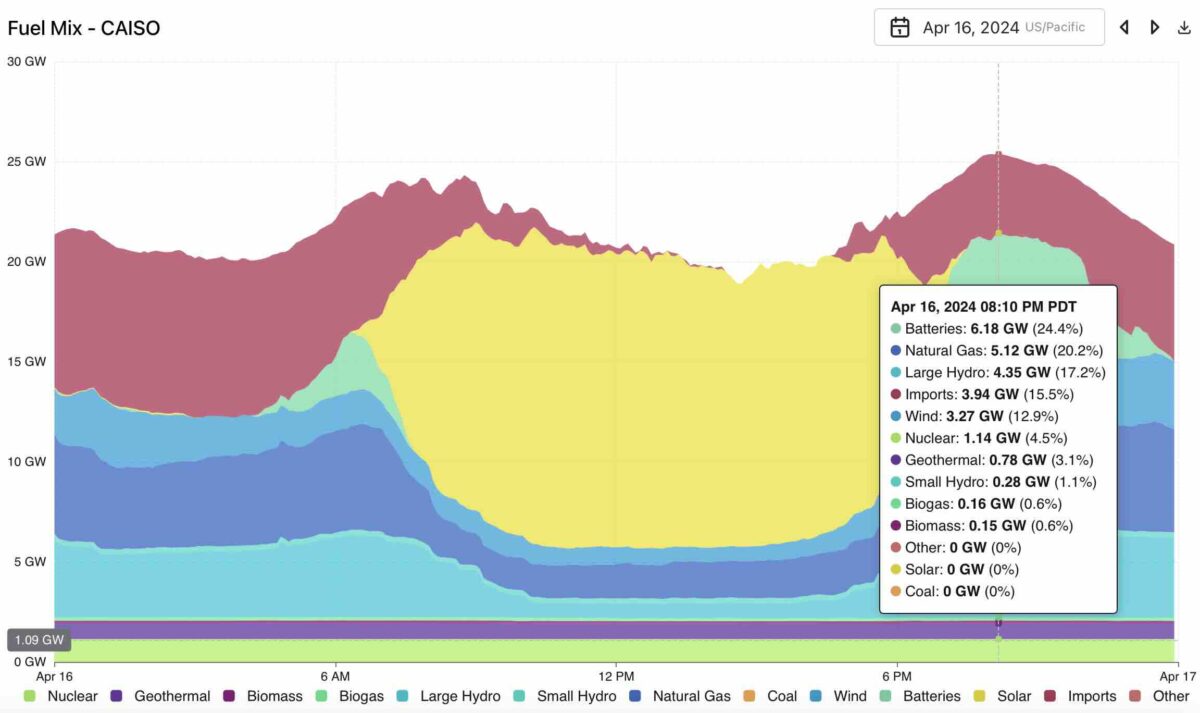.jpg)
I quit my tech job, here's what I learned
It’s been over 30 days since I quit my PM job. I’ve never been happier. This is a welcome change because for most of my life, I’ve struggled to be happy. While I was never seriously depressed, my baseline has always been a tinge of blue, like a mild version of Sadness from Pixar’s Inside Out. Biggest thing that changed? Control over my time. With that said, it’s not all sunshine and rainbows. There are things I wish I knew earlier. I hope they inspire you to turn your raw experience into valuable assets, not just years on a resume.
Each supporting team creates a layer between you and the real world. It’s nice to have engineers, sales, and growth marketers fill in the blanks for you. They sweat their details so you can focus on what you do best. But when you build something that takes off, what feels like exhilarating flight is, in reality, flight simulation. You are more sheltered than you think. Knobs you didn’t even know existed in the cockpit have been taken care of. I thought I escaped the simulation by working at an early-stage startup. Not so much. Prior to spreading my wings, I never had to think deeply about marketing and sales. The simple fact that we already had customers and ways to reach them made the experience less raw. Even 0 to 1 products usually targeted a similar customer base. Monetization is also often an afterthought because the core business can afford to fund experiments. I thought I was an end-to-end product owner, but that’s only because I spent my entire career in a simulation. There were always things that were “someone else’s job”.
This is just Business 101, but what you don’t often hear is how the PM job only covers maybe the first and last parts. This is by design, as each part is stressful on its own. By doing fewer, you do them better for your company. But for you, it’s important to be intentional about the scope of your job. What are the crucial skills for your next act? Stay close to them. A company’s job is to make you increasingly valuable to them, but your job is to be increasingly valuable to the world. You do better by cultivating more quality options over time, not becoming a shiny cog that only fits into one machine. Sometimes, the company’s incentives are aligned with yours, but it’s not a given.


:focal(1800x1210:0x0)/cloudfront-us-east-2.images.arcpublishing.com/reuters/MYYE4IDMZVLXVLDZRNOVBQGCAU.jpg)



/cloudfront-us-east-2.images.arcpublishing.com/reuters/IUIUQZBMY5LZTBRO6IIF2Z4DH4.jpg)
















